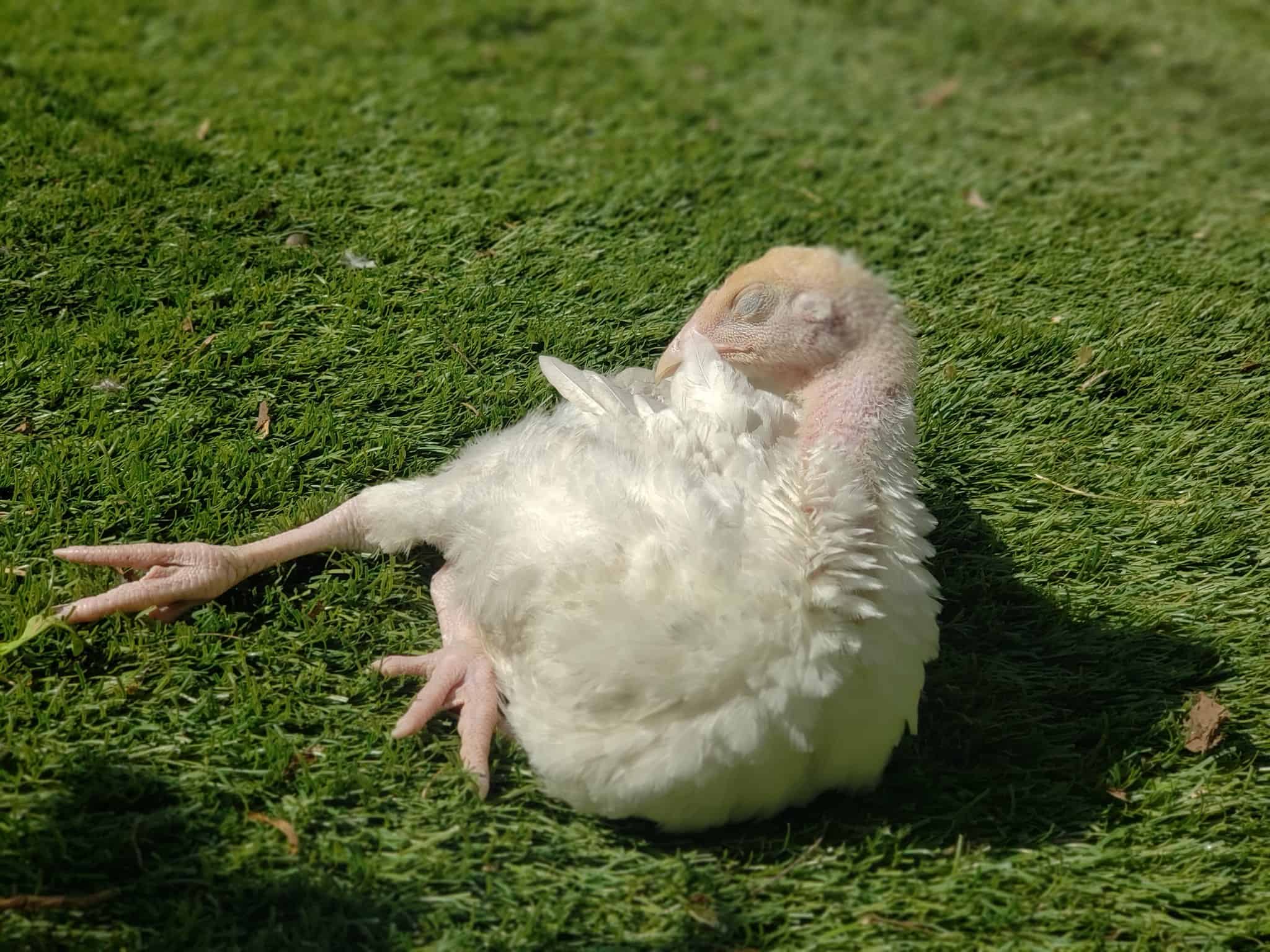
Baby Turkey Care: A Comprehensive Guide to Raising Healthy Poults
Introduction
Baby turkeys, known as poults, are adorable and delicate creatures that require specialized care to thrive. Whether you’re a seasoned poultry farmer or a first-time turkey enthusiast, understanding the intricacies of poult care is crucial for their well-being and optimal growth. This comprehensive guide will provide you with all the essential information you need to raise healthy and robust turkeys from hatch to maturity.
Brooding and Housing
Brooding
- Temperature: Poults require a warm and stable environment during their first few weeks of life. Maintain a temperature of 95-100°F (35-38°C) for the first week, gradually decreasing it by 5°F (3°C) each week until they reach 70°F (21°C).
- Brooder: Use a brooder that provides ample space for the poults to move around and access food and water. Line the brooder with a soft and absorbent material, such as wood shavings or paper towels.
- Ventilation: Ensure adequate ventilation to prevent ammonia buildup and respiratory problems. Use a fan or open windows to circulate fresh air.
Housing
- Coop: As the poults grow, they will need a larger coop with access to an outdoor run. The coop should be well-ventilated, draft-free, and provide protection from predators.
- Outdoor Run: The outdoor run should be fenced and provide ample space for the turkeys to forage and exercise. Ensure the run has access to shade and shelter from the elements.
Feeding
- Starter Feed: For the first 8-12 weeks, feed poults a high-protein starter feed containing 28-30% protein. This will support their rapid growth and development.
- Grower Feed: After 12 weeks, switch to a grower feed with a lower protein content (20-24%). This will help prevent excessive weight gain and support muscle development.
- Water: Provide fresh, clean water at all times. Use a waterer that is easy for the poults to access and prevents spillage.
Health Care
- Vaccinations: Vaccinate poults against common diseases such as Marek’s disease, Newcastle disease, and avian influenza. Consult with a veterinarian for the appropriate vaccination schedule.
- Parasite Control: Regularly check poults for parasites such as lice, mites, and worms. Treat infestations promptly to prevent health problems.
- Disease Prevention: Maintain a clean and sanitary environment to reduce the risk of disease outbreaks. Isolate sick poults immediately and seek veterinary attention.
Common Health Problems
- Coccidiosis: A parasitic infection that can cause diarrhea, weight loss, and dehydration.
- Blackhead: A bacterial infection that affects the liver and intestines, leading to lethargy, loss of appetite, and dark droppings.
- Respiratory Infections: Poults are susceptible to respiratory infections such as bronchitis and pneumonia. Symptoms include coughing, sneezing, and difficulty breathing.
Management
- Handling: Handle poults gently and avoid overcrowding. Provide perches or roosts for them to rest on.
- Debeaking: Debeaking is a procedure that removes a portion of the beak to prevent feather picking and cannibalism. Consult with a veterinarian before debeaking.
- Toe Clipping: Toe clipping is a practice that involves removing the sharp tips of the toes to prevent foot injuries.
Growth and Development
- Growth Rate: Turkeys grow rapidly during their first few months of life. They can reach a weight of 10-15 pounds (4.5-6.8 kg) by 12 weeks of age.
- Feathering: Poults develop feathers within the first few weeks of life. The feathers provide insulation and protection from the elements.
- Maturity: Turkeys reach maturity at around 5-6 months of age. At this point, they are ready for breeding or processing.
Conclusion
Raising baby turkeys requires attention to detail, proper care, and a commitment to their well-being. By following the guidelines outlined in this comprehensive guide, you can ensure that your poults thrive and reach their full potential. Remember to provide a warm and comfortable environment, nutritious feed, and timely health care. With patience and dedication, you can raise healthy and robust turkeys that will bring you years of enjoyment and satisfaction.
